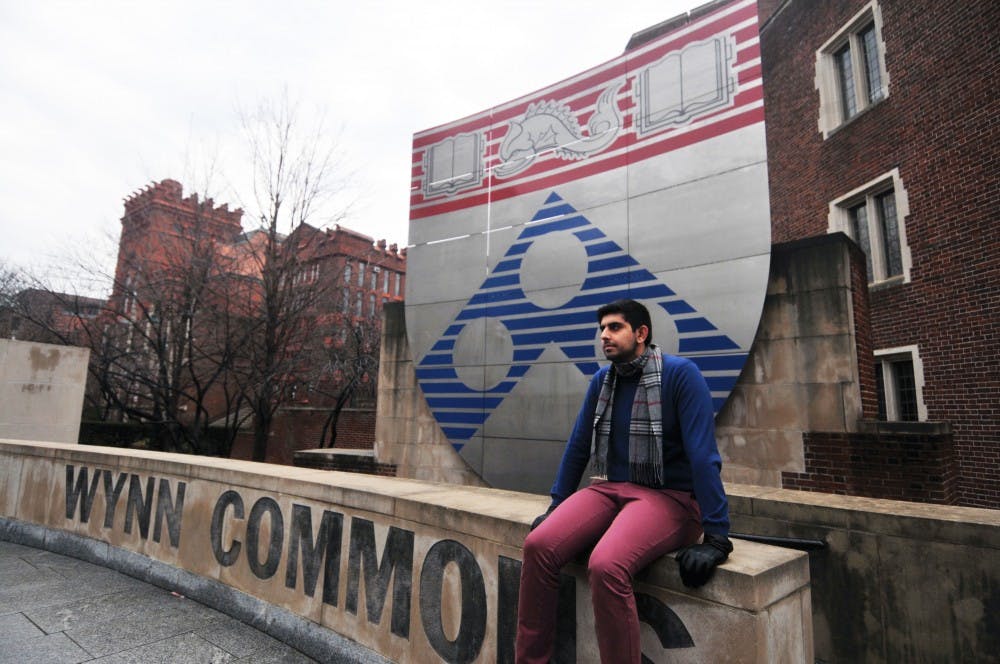Penn students from the Middle East reacted with anger and disbelief when President Donald Trump issued his temporary ban on immigration from seven Muslim-majority countries. These students later commended the University for the proactive role it took to assist affected students.
“I was quite shocked to be honest,” College and Wharton freshman Jonathan Lahdo said. “Trump obviously spoke a lot about this in his election campaign, but I did not realize how soon it would be put into effect.”
College and Wharton sophomore Zuhaib Badami pointed out that it was not only those from the designated seven majority-Muslim countries who are affected by the ban.
Badami is president of the Muslim Students Association, but said he did not want to speak on behalf of the organization, only as an individual.
“What people don’t realize is that it’s affecting far more than the seven countries on the list,” Badami said. “Anyone from a Muslim country is getting stopped.”
Penn’s administration reacted immediately to the immigration ban with an email assuring support for any students affected by the order, but some students felt that the contents of the email lacked details on how the University would support them.
“The first time they sent an email about it I emailed them back and I said, ‘This statement is very vague,’” Wharton freshman Ghali Benlafkih said. “I said, ‘I need you guys to step it up and say something condemning the executive order’ — instead of being like ‘Oh this is what happened. We’ll help you guys out.’”
Benlafkih said he was among many students and student organizations that requested the administration take a stronger stand against the immigration ban, agreeing that the administration was very responsive and sensitive to the students’ needs and grievances, acting quickly to revise the stance they had taken.
“They took all the recommendations. They understood the grievance,” Badami said. “They came out publicly in University Council and made a statement reflecting that they understand that. They found they weren’t doing enough and rectified it.”
Following the administration’s email, Penn President Amy Gutmann gave a speech on College Green condemning the president’s executive order. Her personal response to the situation was well-received by students, who saw this as an indication of the degree of Penn’s commitment to its students.
“It just showed that they cared about this issue enough that they brought out the highest person in the university hierarchy to speak about this,” Lahdo said. “They sent out the president of the university to speak about this, which I think is a powerful statement.”
Students still remain uncertain about the future of those impacted by the ban. Many are unsure as to whether they can go home for spring break or over the summer.
“A lot of people are too scared to leave for summer,” Badami said. “I think the safe choice is to stay in the country at least until the 90-day period is over, or at least until we’ve seen people come in and out without an issue.”









